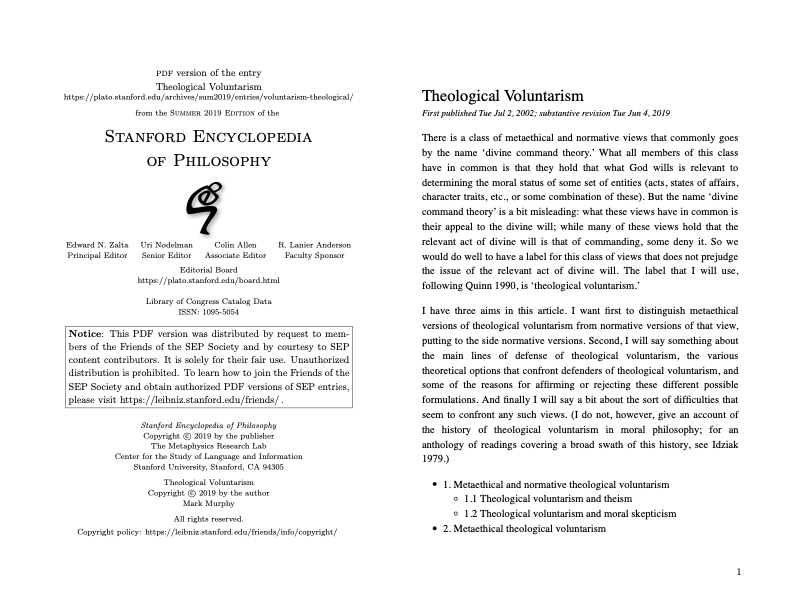
.131.png)
Studies in the Dissemination and Impact of His Thought, Leiden, Brill 2008. Late medieval science, from the origins of the nominalist paradigm to the scientific revolution, Maggioli 1982. Work/Theoretical Approach/Major Influences/Main Contributions: William of Ockham was a philosopher of the Divine Command Theory (also known as theological voluntarism) which is a metaethical theory which proposes that an actions status as morally good is equivalent to whether it is commanded by God. Francesco Bottin, The Science of Occamists.Catholic University of America Press (Wilfried Hartmann & Kenneth Pennington, eds.). 1287 10 April 1347) was an OFM English Franciscan friar, scholastic philosopher, and theologian, who is believed to have been born in Ockham, a small village in Surrey. The history of medieval canon law in the classical period. of 12 William of Ockham William of Ockham (/km/ also Occam, from Latin: William of Ockham Gulielmus Occamus 9 10 c. ^ In Enciclopedia Garzanti di Filosofia.^ In Dictionary of philosophy Treccani (2009).^ Dizionario di filosofia Treccani (2009), ibidem.^ Garzanti's Encyclopedia of Philosophy, ibid.Upper Saddle River, New Jersey: Pearson Prentice Hall. Occamism had wide influence between the 14th and 17th centuries, contributing to the progressive dissolution of Scholastic Aristotelianism. His ethical theories were largely based on his theological and metaphysical views and were influenced by his nominalist philosophy. Divine omnipotence also includes the idea that God can comprehend a nonexistent object: an anticipation of the "deceptive God", a theme Descartes used in asserting the certainty of the cogito ergo sum. William of Ockham, a 14th-century Franciscan friar, was a significant figure in the development of ethical thought during the medieval period. Despite this, they posited God's absolute power to explain the contingency of creatures and the laws of nature.


The Occamists using the nominalist method separate theology from Aristotelian foundations, making them lose any possibility of presenting themselves as science, and reducing confidence in the power of reason applied to supposed demonstrations of God's existence and any immortality of the soul. Criticism of the concept of cause and substance, especially by the Occamistic Nicholas of Autrecourt, reduces the sciences to immediate and intuitive ways of knowing. It is therefore necessary to revise the logical structures of discourse and language to separate the sign from the signified thing. The further one goes from experience and generalizes, the more one imagines the constitution of the universal expressed by names. The universals, which exist only in the mind, have no correspondence with reality and are mere signs that symbolize a multiplicity of individuals. Occamism questions the physical and Aristotelian metaphysics and, in particular, insists the only reality accessible to knowledge is intuitive.


 0 kommentar(er)
0 kommentar(er)
